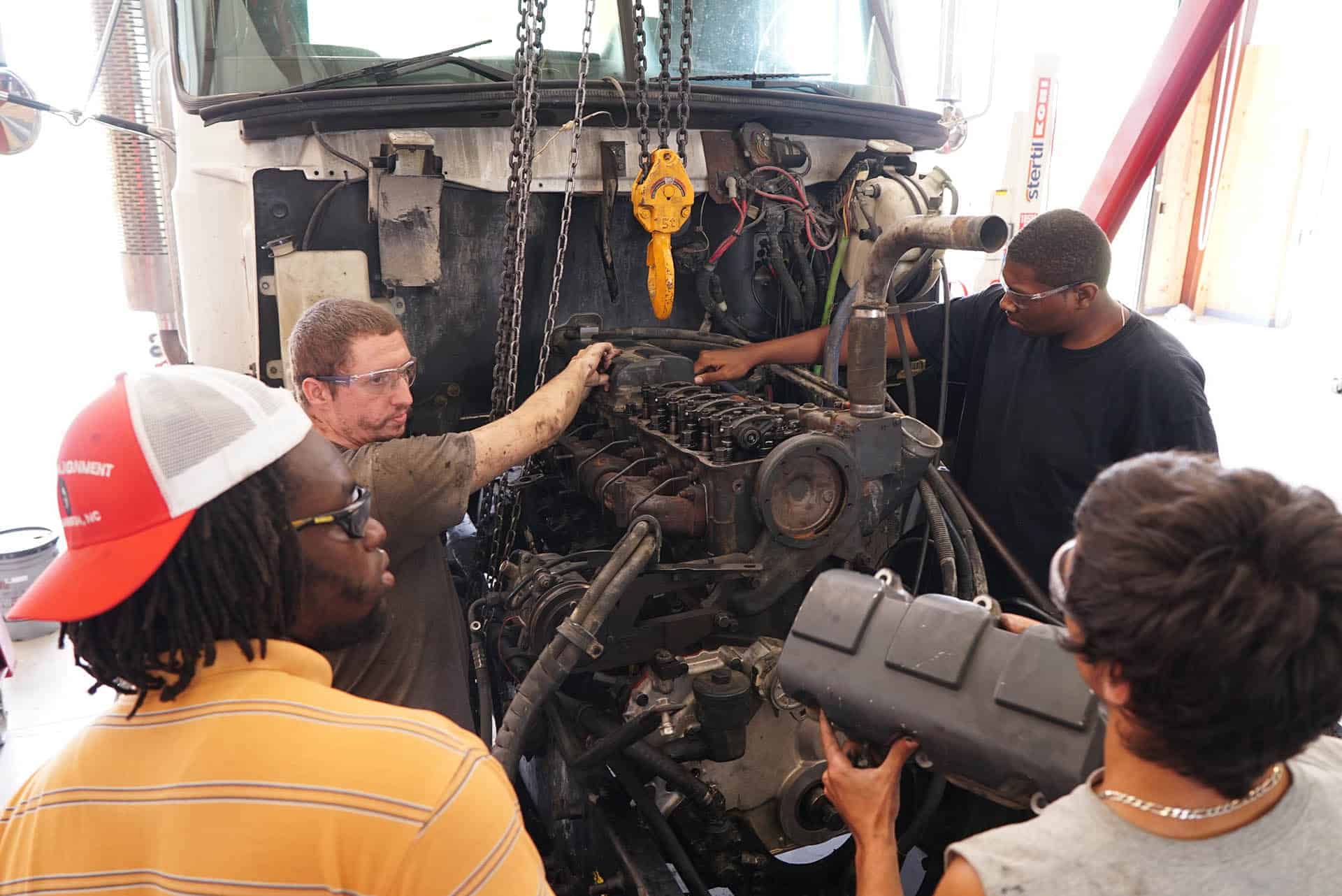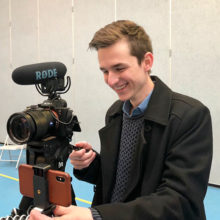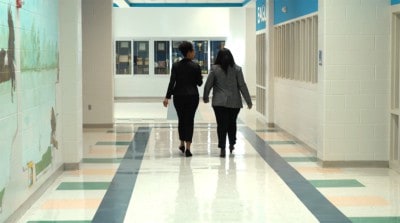Before I even had time to sit down, Dr. Ken Boham was telling me a story.
“Do you know about Dallas Herring?” He asked me just after shaking my hand. I didn’t. So, Dr. Boham spent the next 15 minutes telling me the story of a man whose wealth, generosity, and ability to work with people spurred what would become the North Carolina Community College system. It was a story of how good faith and front porch conversations can make good things happen, especially in small towns.
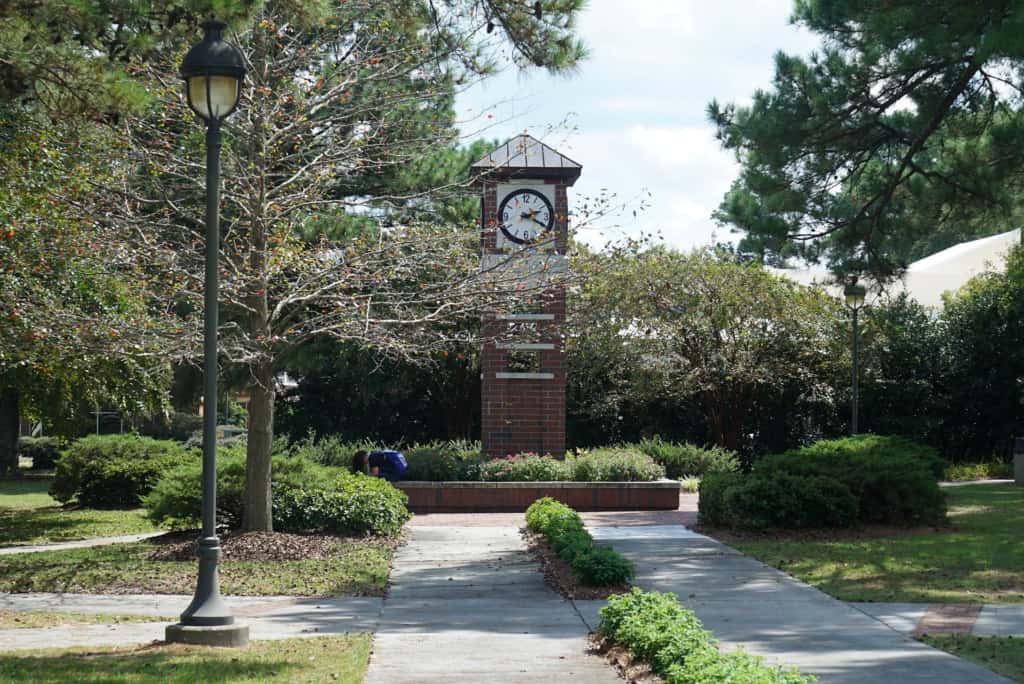
Boham is currently the interim president of James Sprunt Community College (JSCC). But he’s worked in the community college system for more than 40 years now, and he clearly has a passion for preserving Herring’s vision of an institution built especially to serve local areas. As Boham often says of the system’s name, “Community is in there for a reason.”
Just inside the W. Dallas Herring building on campus, you’ll find a portrait of the man himself. Every community college in the system has a portrait of Herring somewhere on campus, which is the result of a coordinated effort between the system office and president’s association to send one to every college. But of all the colleges I’ve visited, only James Sprunt made a point to show it to me.
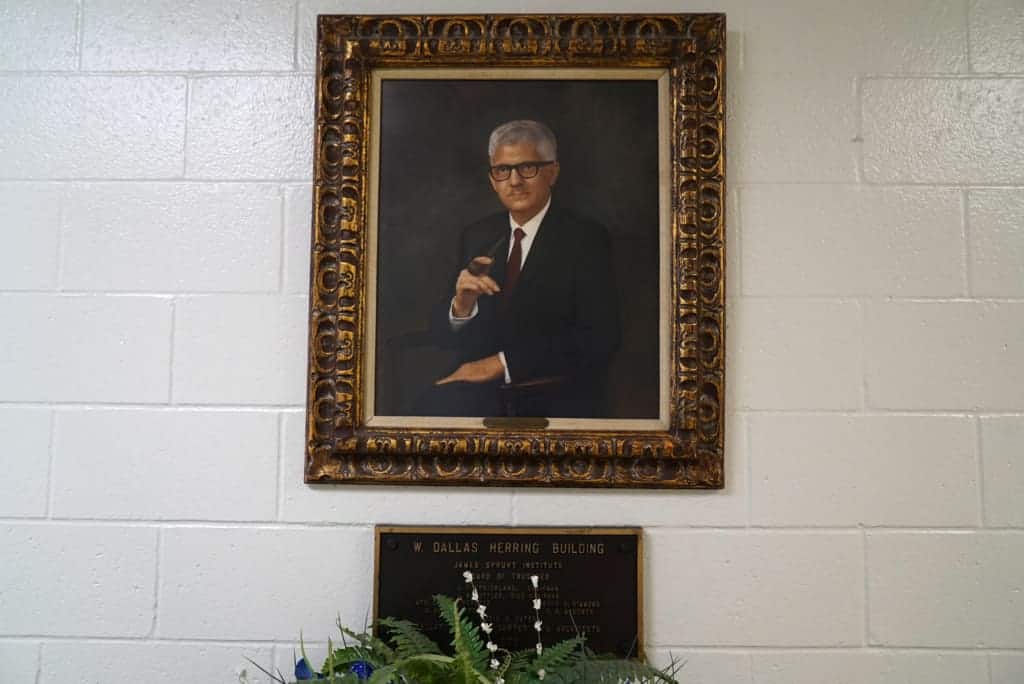
Herring would probably appreciate that James Sprunt’s strategy is focused foremost on the needs of local industries.
Like its neighbor Sampson, agriculture is a massive industry in Duplin County. All the trucks you see transporting animals need drivers, and they need mechanics. Road tractors run on big diesel engines that require maintenance. JSCC helps fill those needs with its large off-campus facility dedicated to its Diesel and Heavy Equipment diploma program. It’s getting a commercial driver’s license (CDL) program soon, thanks to a Golden LEAF grant.
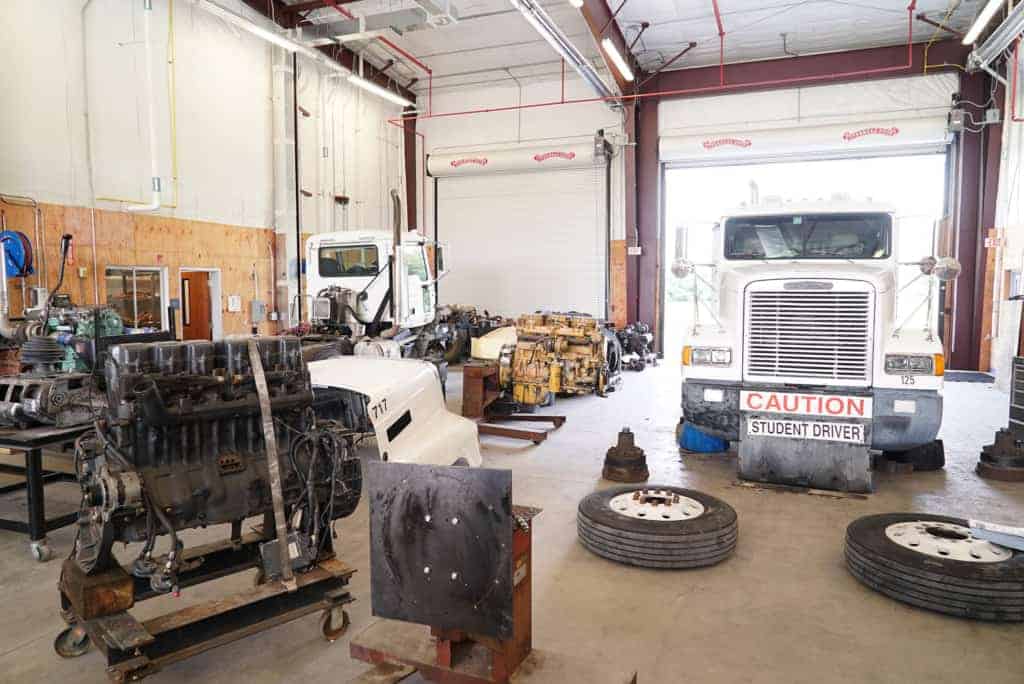
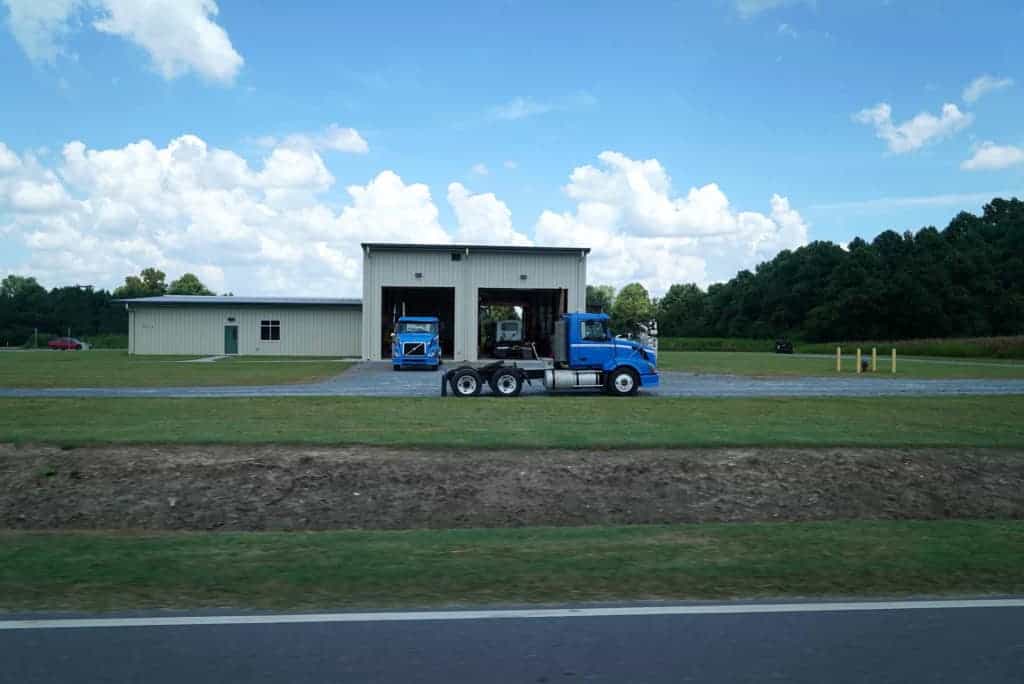
Layton Parker, who is earning a diploma in the program, said he works at a farm and helps maintain the equipment.
“I mess with it some now,” Parker said in reference to fixing the farm’s tractors. “I just don’t know everything. I’m here to kind of finish up my knowledge on it.”
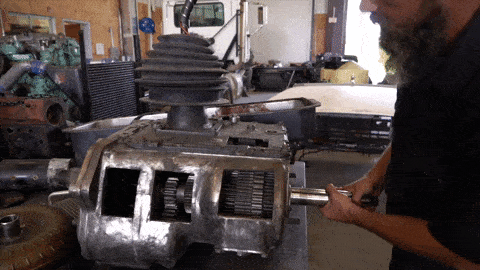
Just next to the diesel building is a large facility that houses industrial kitchen equipment. The college rents out space in this building to local small businesses, who can store food supplies on-site. It’s another way James Sprunt is directly supporting its local community in Herring’s original spirit.
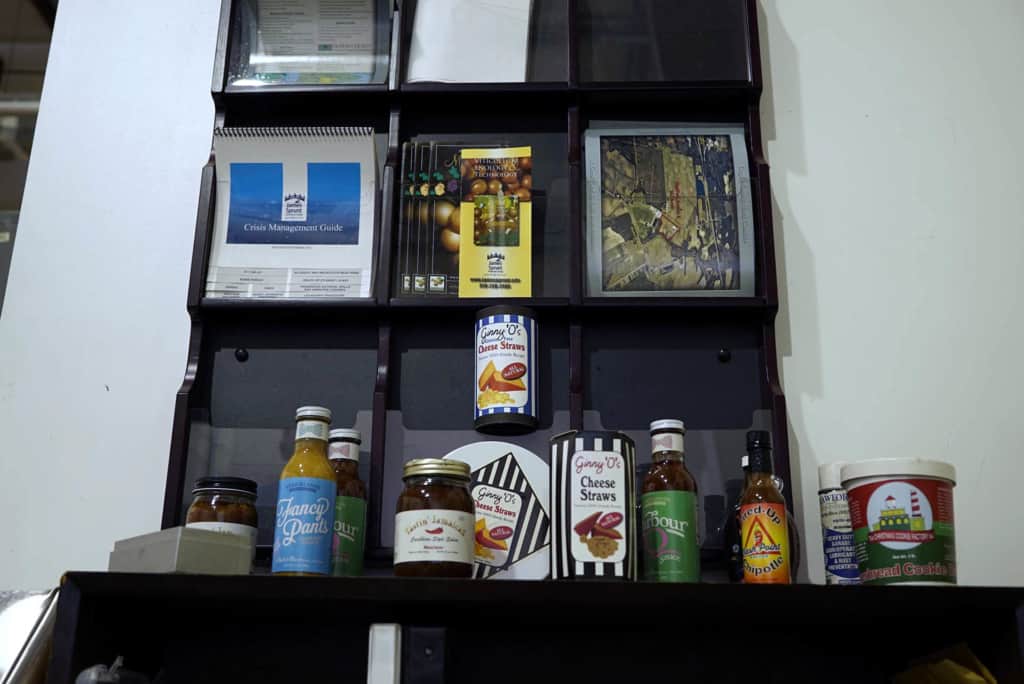
In Duplin County, most of the area’s biggest employers are farms — Smithfield, Butterball, House of Raeford, and more. But nearby Duplin Winery offers a different career opportunity still rooted in agriculture. To prepare students for these jobs in the viticulture industry — that’s making wine — James Sprunt has a vineyard of its own.
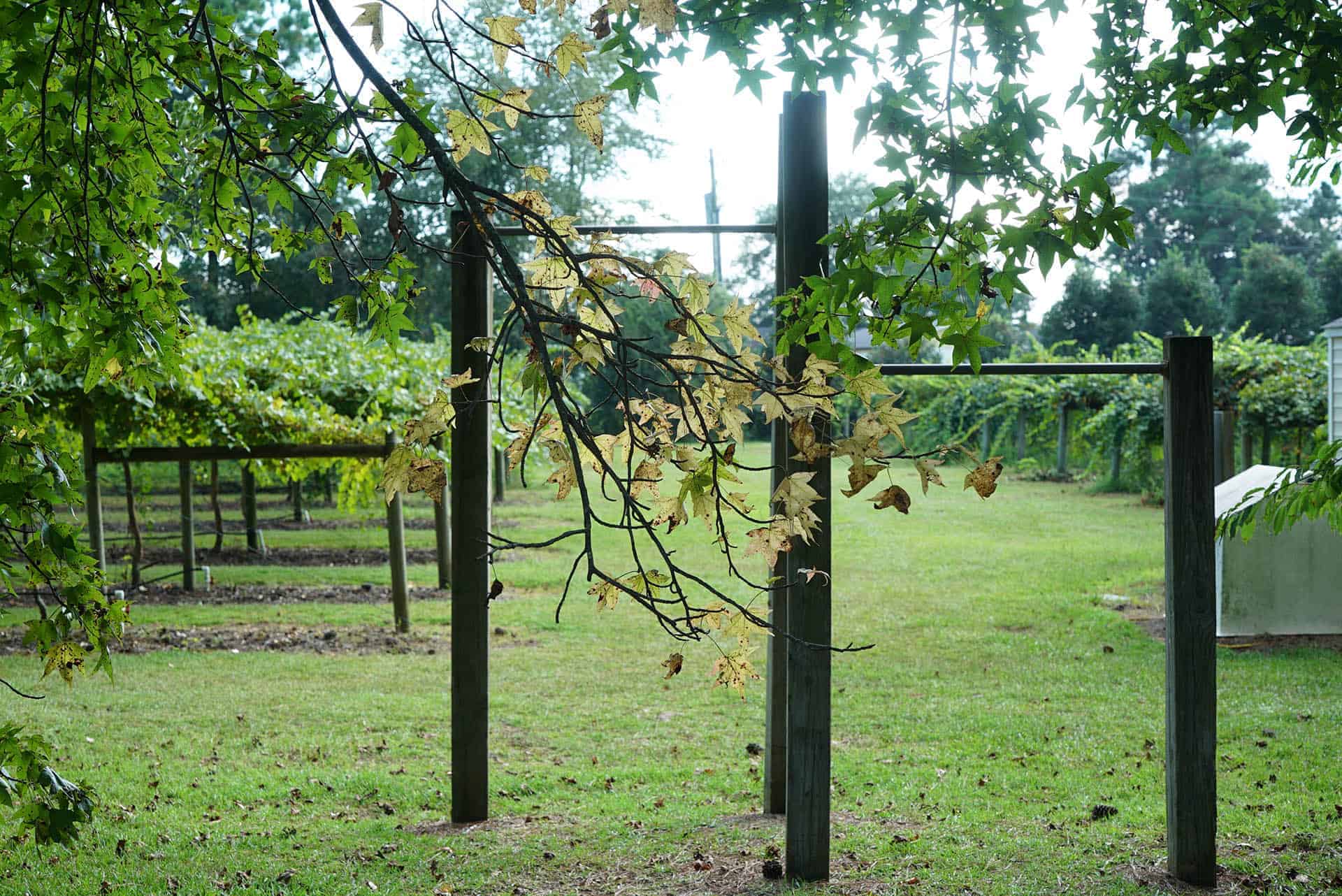
Beyond agriculture, the college has programs that build the skills necessary to get people working fast. In the barbering department, students aren’t just learning about hair. They have to learn the anatomy of the face before making those precise cuts with sharp blades.
This is Lawrence Wilson. He’s making a career of a skill he’s developed for years.
Wilson said the toughest part of barbering is learning what’s behind the face — like the location of specific blood vessels, bones, and muscles. You also need the right tools, as Joshua Fryar showed me.
The college offers many other technical education programs, from swine management to cosmetology. The nursing department has been a staple of the college and has provided for the area’s workforce since its first class graduated in 1973. For clinical experience, the college partners with local facilities like Vidant Duplin hospital, New Hanover Regional Medical Center, and UNC Lenoir Health Care.
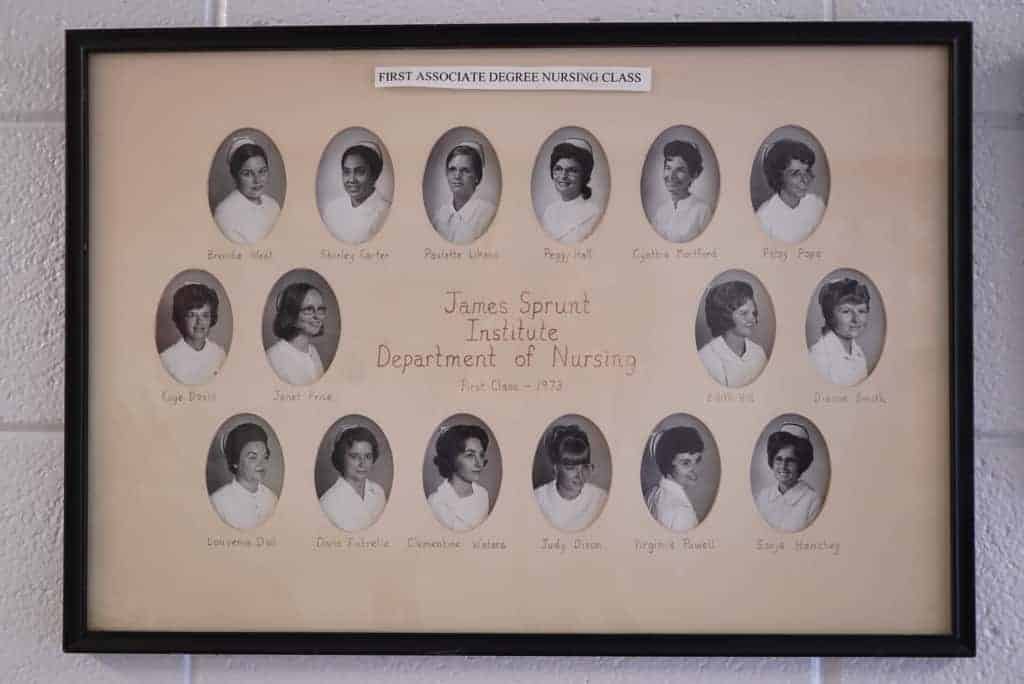
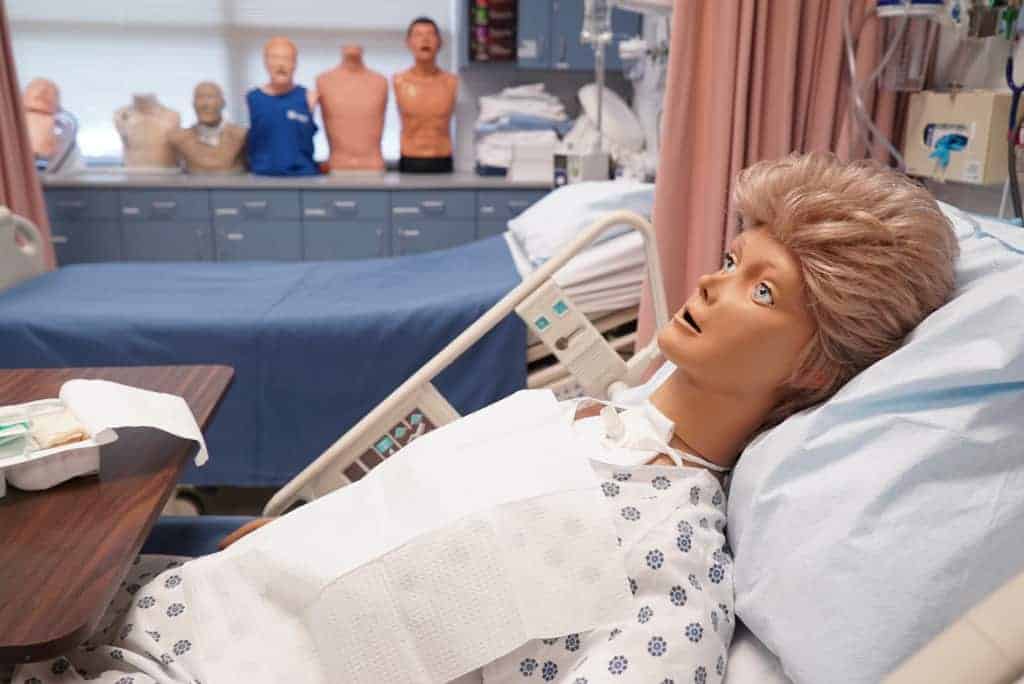
James Sprunt’s nursing department is expanding to a new facility thanks to a grant from the federal Department of Economic Development. College faculty seemed happy about that — at the time of my visit, every nursing program had to share the same lab, and there was a clear need for more space.
Of course, not all students graduating from JSCC will stay in Duplin County. In programs like basic law enforcement training and graphic design, students acquire skills that will serve them anywhere. The college also offers three different college transfer programs for students who plan to earn their bachelor’s degree at another institution.
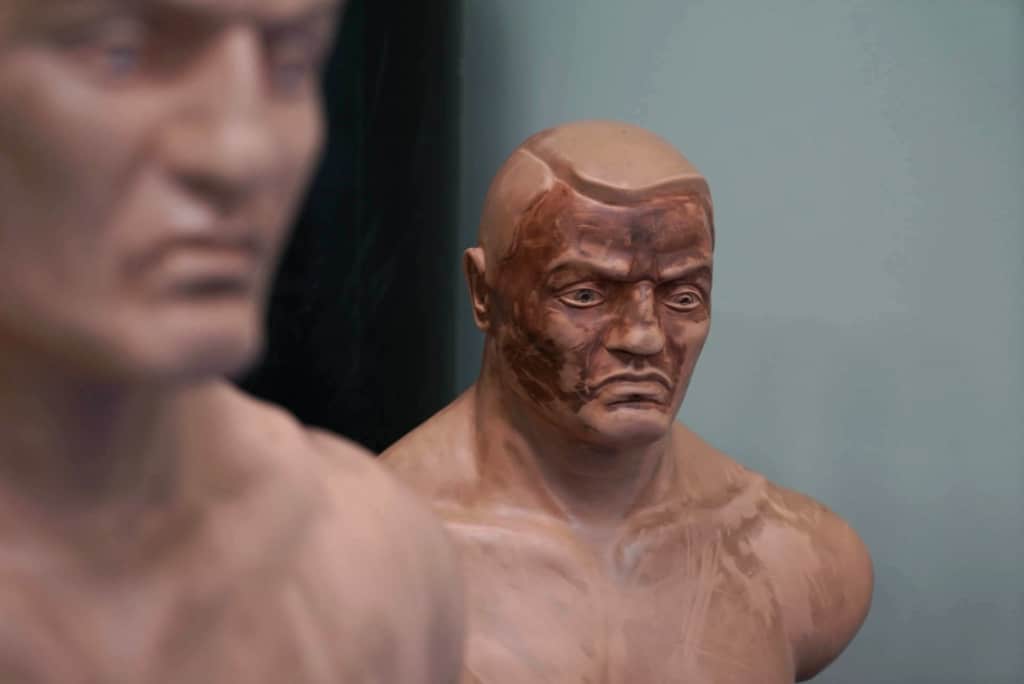
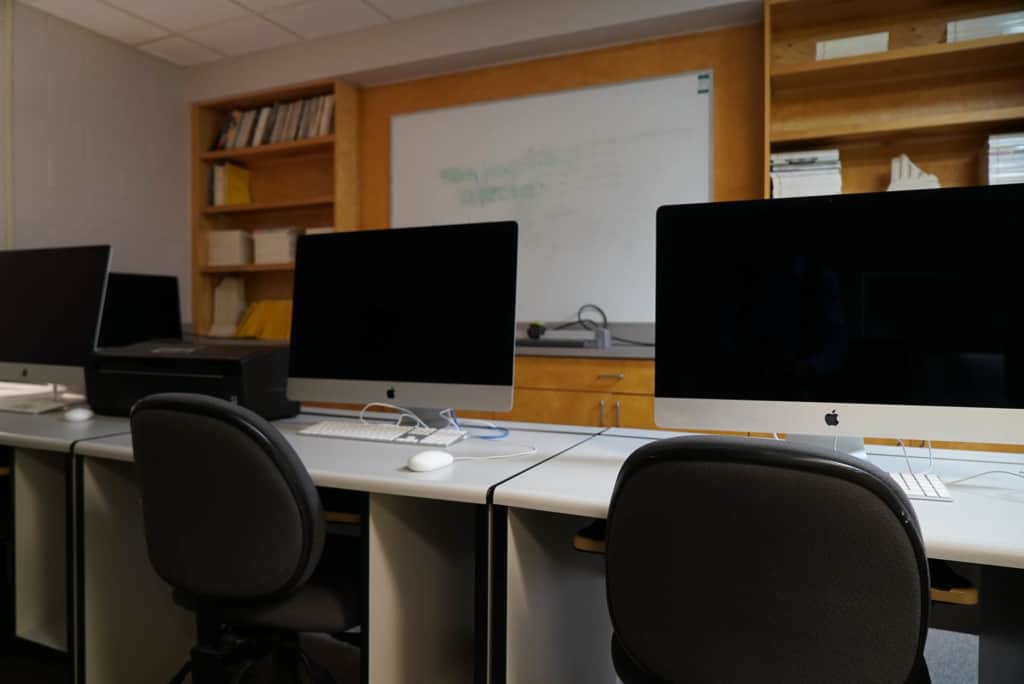
The future looks bright for James Sprunt. The college is currently in the process of revamping its welding department and creating new vocational and biology classrooms with Connect NC bond funds.
Before we parted, Boham acknowledged that he was still new to the college. “This place doesn’t need saving,” he told me. And if our meeting is any indication, his priorities lie not in reinventing the wheel but in fully realizing Herring’s original concept of an institution built specifically to serve its community.
